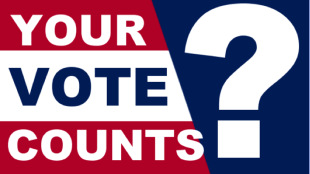Can The President Cancel Student Debt?
(Source) Student loan forgiveness has been a popular topic in the news lately. This should not come as a surprise considering there are over 43 million student borrowers in the United States, each with an average debt size of $39,351. As the current total student loan debt in the United States tops $1.7 trillion, President Biden has called for cancelling $10,000 federal student loan debt for every borrower. In fact, in April 2021, President Biden even tasked the Departments of Education and Justice with drafting a memo on whether he has the legal authority to cancel student debt. However, since this memo has not yet been released to the public, the answer remains unclear. This article will broadly explore arguments regarding the President’s legal authority to cancel federal student loan debt. To start, the Biden administration has actually already cancelled nearly $10 billion in federal student loan debt as of late 2021. However, this relief was only available to borrowers with disabilities and to victims of college fraud. The legal basis for cancelling the federal student loan debt of borrowers with total and permanent disabilities is the Higher Education Act of 1965, while the Department of Education’s “Borrower Defense to Loan Repayment” regulation [read more]


